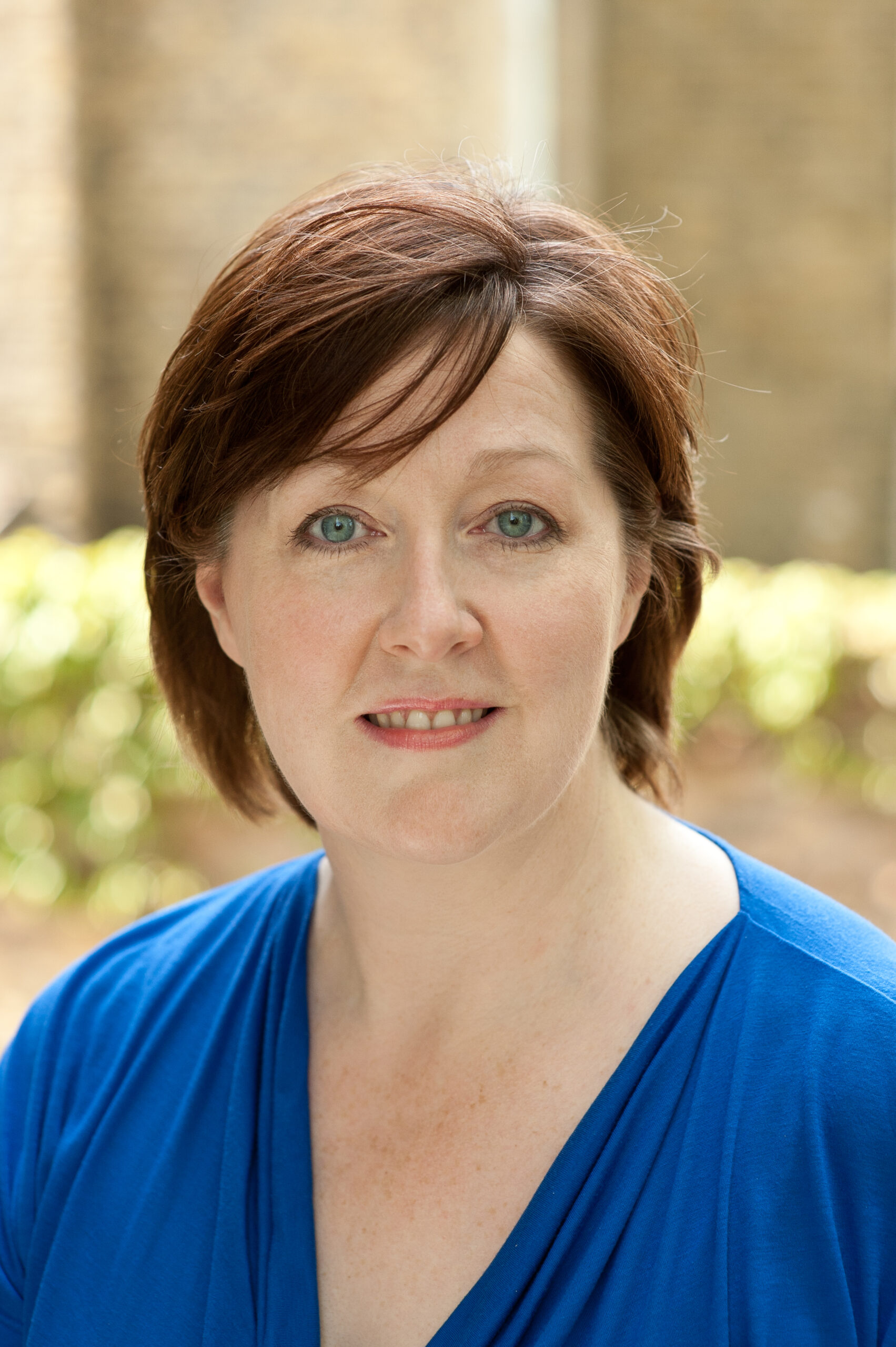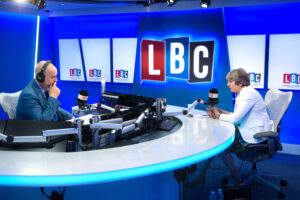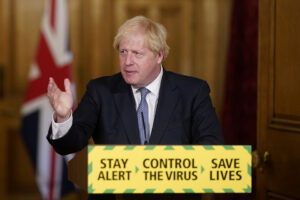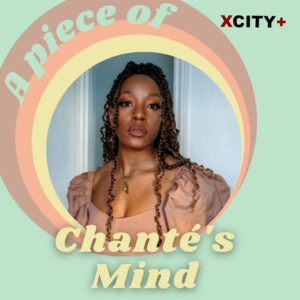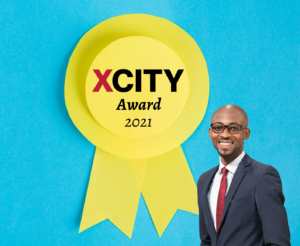Image: Shelagh Fogarty
Catherine Entwistle speaks to Shelagh Fogarty about her career so far and the highs and lows of radio debate.
Shelagh Fogarty is an award-winning journalist and radio presenter, and this year marks 30 years since she made her way onto the airwaves. Originally from Liverpool, she joined the BBC trainee scheme in 1989 and has since had a successful career on Radio 5 Live and, as of 2014, has hosted LBC’s afternoon programme. She is an astute questioner and a great listener, but isn’t afraid to show people the hypothetical door if they have outstayed their welcome. It’s no wonder her afternoon LBC show attracts over a million listeners every day.
XCityPlus spoke to Fogarty about her journalism inspirations, broadcasting career and time at LBC.
What was it that got you into radio?
I was always interested in news and current affairs. My best friend reminded me recently that I used to say to her: “I can’t come out, I want to watch the end of the Labour Party Conference.” I’d also seen what my brother was doing as a broadcast journalist, and it really appealed to me, so when he sent me an advert from the back of The Listener magazine for a local radio trainee scheme at the BBC, I applied for it.
I did some temping at Radio Merseyside and Granada, and around that time the Hillsborough disaster [1989] happened as well. In that interim period between me graduating and my training starting, I saw the very best and the very worst of journalism all in one go in that story, up close in a newsroom, which was invaluable. And of course, being from Liverpool, it was a very personal story as well.
What made you want to move from the BBC to LBC?
I was very ready for it. I enjoyed working at the BBC but when 5 Live moved to Salford that was a massive fork in the road for a lot of people. I just knew I wasn’t going to do five days of breakfast and then come back to London on the train because you’d have no weekend.
“I saw the very best and the very worst of journalism all in one go in that story, up close in a newsroom”
Was the move to LBC from the BBC a shock to the system, as the two are quite different?
You’ve got much more freedom [on LBC], because you’re not bound by the BBC impartiality rules. My instincts are very impartial anyway because I’ve had years of being a journalist at the BBC, and as a journalist full stop you should be impartial. But talk radio is a slightly different thing because you’re inviting people on for conversation. So, unlike the BBC where I would have a conversation and, in a sense, I was the mediator of that conversation rather than a participant in it, on LBC you’re a participant with your callers.
To invite people to call in, if I’m saying, ‘What’s your view of what happened at the Clapham Bandstand last weekend?’, then it behoves me to tell them what I think. And at LBC I’m allowed to.
But that doesn’t mean when I do a news interview with a politician I do it any differently. I do them in pretty much the same way I would have done an interview at the BBC because in journalism you should give people a fair hearing, and represent other views in that conversation. [At LBC] there’s a mixture of basic, standard journalism and conversations – and that was the big difference between the two.
“All I’m doing differently is being able to reveal more of myself in the conversations that I have”
Which approach do you prefer?
For me it’s not about a preference. The role of the BBC is absolutely crucial, I think, in our national life. I think what journalists are required to do at the BBC is really important and I think what I’m doing at LBC – I’m given an absolute freehand as to how I develop the programme – is really important too. I would never do irresponsible journalism and I would never do journalism that was about stoking hatred from one side to another, so I don’t feel like I’m doing my journalism that differently – all I’m doing differently is being able to reveal more of myself in the conversations that I have. It’s a bit more of a ride on LBC but doing breakfast with Nicky [Campbell] on 5 Live was the best fun ever.
What is your career highlight?
I’m very lucky because I’ve got lots, but a standout one for me – even though it was a sad occasion in many respects – was covering the funeral of Pope John Paul II [in 2005]. It was so historic and so personally interesting to me because, as a Catholic girl in Liverpool in the 80s, he’s a bit of a hero of mine so I was just so incredibly lucky to do it.

